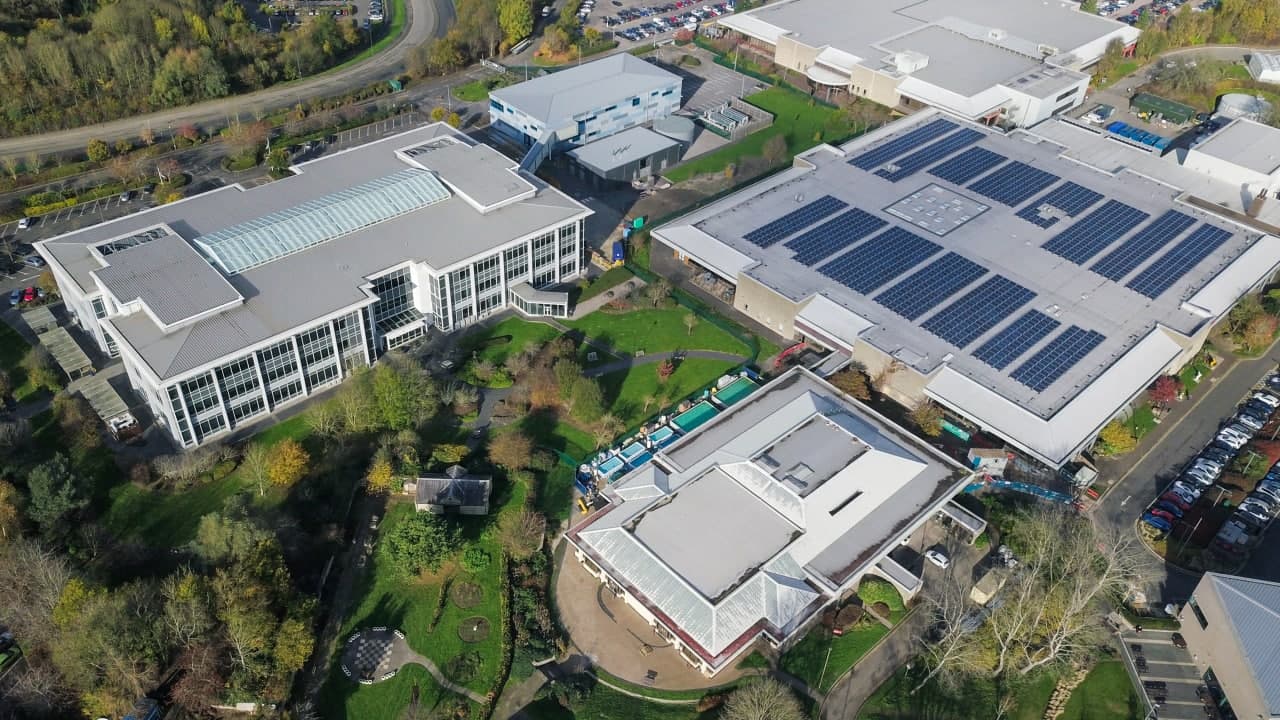Program descriptionAs an Education major, a student develops a strong knowledge base in the subject area they intend to teach. They also receive in-depth preparation in how to teach, including both general and subject area instructional methods. The following degree-majors can be combined with a Bachelor of Education (Social Studies Education) degree:AnthropologyCanadian StudiesEconomicsGeneral Major in the Social SciencesGeographyHistoryPolitical ScienceSociologySnapshots:Anthropology studies the diversity of human behaviour and life in every part of the world. It examines the material, social, and cultural conditions of human behaviour and life from this locally global perspective.Canadian Studies offers students the opportunity to concentrate their studies on facets of the Canadian national experience such as history, economics, geography, government and politics, sociology, literature, and aboriginal culture.Economics is the study of how market forces reflect decisions made by individuals, businesses, and governments. It is also about evaluating the performance of institutions. It shows us how to compare different arrangements for achieving economic and societal goals.Geography is a diverse discipline, encompassing the study of spatial organization, environmental change and regional models in both human and natural systems. Geographers employ theories and techniques from the social and natural sciences as well as emerging information technologies.A General Major in the Social Sciences, unlike a single discipline major, allows you to customize your course selection to your interests and abilities. Students in this program will focus on three streams; in addition to the majors listed above, students can also choose from Kinesiology, Native American Studies, and Women & Gender Studies.The study of History provides a profound understanding of the present, human behaviours and actions, and cultural and ethical issues, as well as a sense of direction and identity.Political Science is the study of how society governs itself municipally, provincially, nationally, and internationally. It closely examines individual political parties and their underlying frameworks.Sociology provides the conceptual and methodological framework to understand society. Its primary goal is to stimulate sociological thinking, applying imagination and critical analysis to the many facets of social life.Possible careersTeachingHistoric Site AdministratorAlumni Relations CoordinatorEducation ResearcherLibrarianArchivistAssistant Cultural Artifact SpecialistHistorianBiographer
For international students
Applicants who complete the equivalent of Grade 12 in high school (secondary school) will be considered for admission. Applicants who have completed secondary qualifications in other countries will be considered for admission under the High School Admission Route. Applicants to undergraduate programs who have completed post-secondary study will be considered for admission under the Post-Secondary Admission Route.
English language Requirements:
Test of English as a Foreign Language (TOEFL (iBT)) with a minimum total score of 80, with minimum scores of 16 in each of Listening, Reading, and Speaking, and a minimum score of 18 in Writing.
Pearson Test of English (PTE) Academic score with a minimum overall score of 54.
Academic International English Languages Testing System (IELTS) test with a minimum overall score of 6.0, and a minimum 6.0 in each band.
Cambridge English: Advanced (CAE), with a minimum score of 'C'.
Cambridge English: Proficiency (CPE), with a minimum score of at 'C'.
2 Years - Full time
![Fee]()
Fee
CAD$22,369.40 (US$ 16,079) per yearFive Courses (15.0 Credit Hours): Tuition Fee - CAN $11,184.70 per term; CO-OP Tuition Fee (If option is available): CAN $789.72 Please check with institution
![Start Date]()
Start Date
![Address]()
Address
University of Lethbridge, 4401 University Drive, LETHBRIDGE, Alberta (AB), T1K 3M4, Canada

Description
Requierments
Study options






 Stay in touch with us
Stay in touch with us






